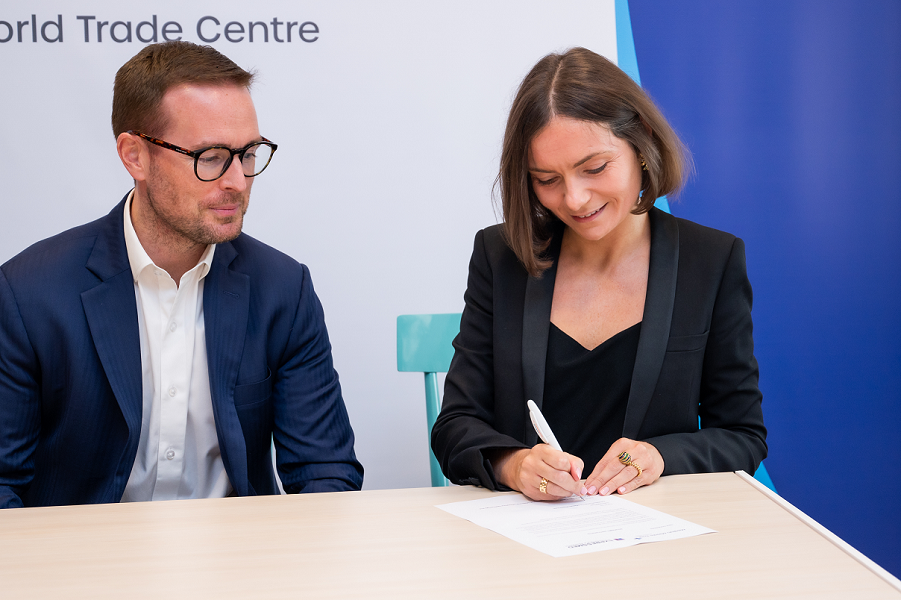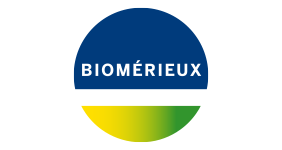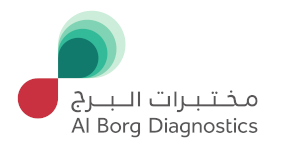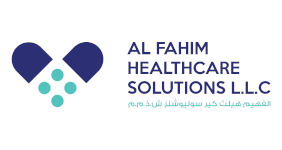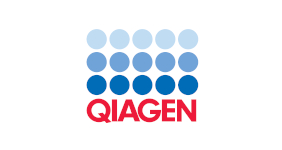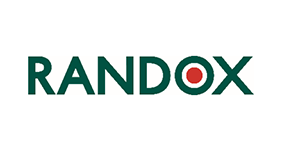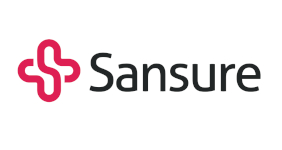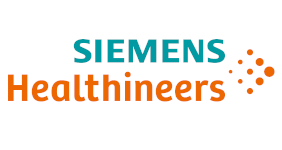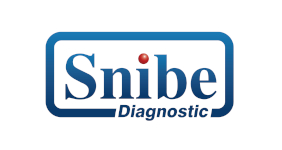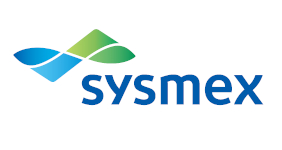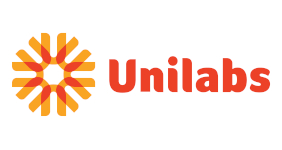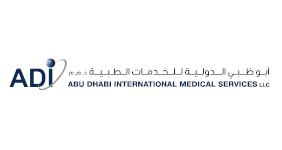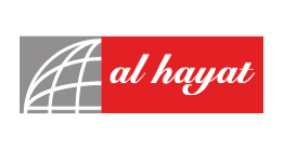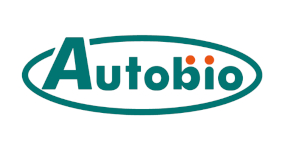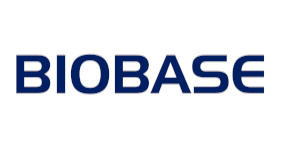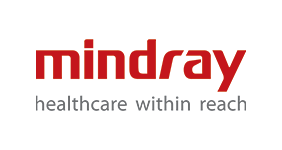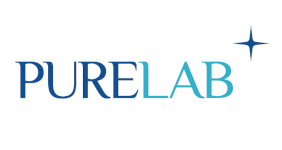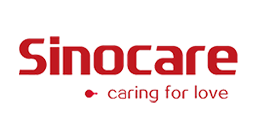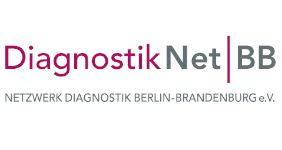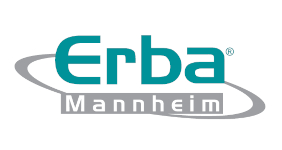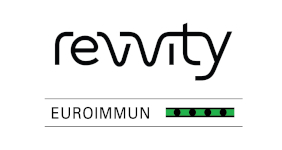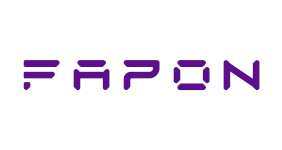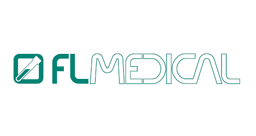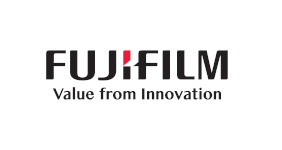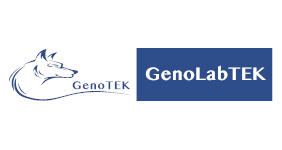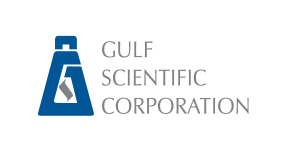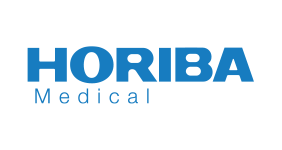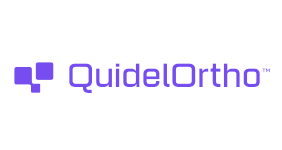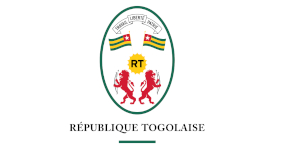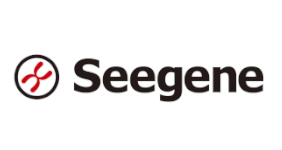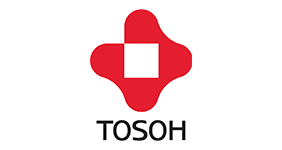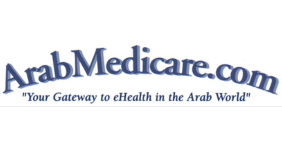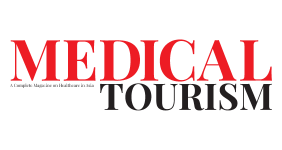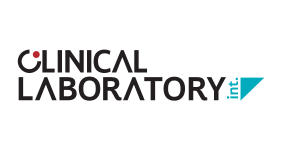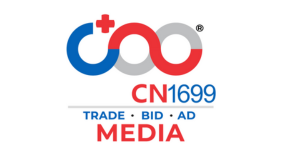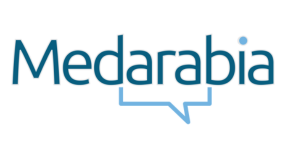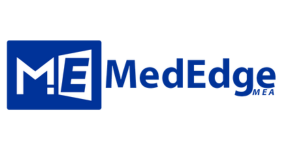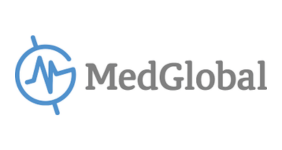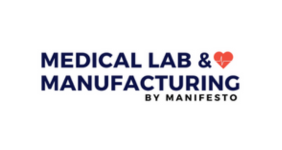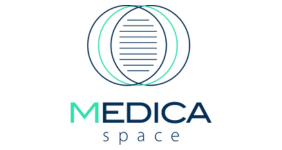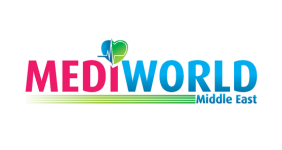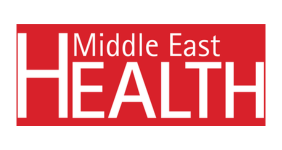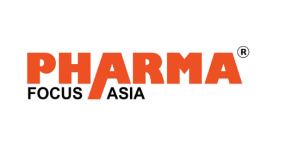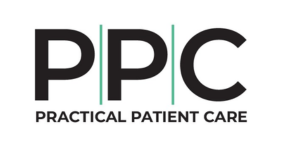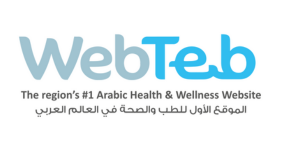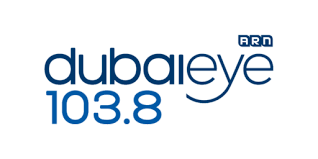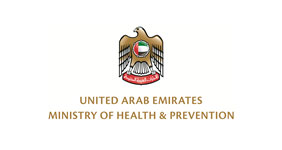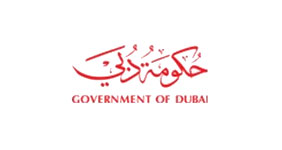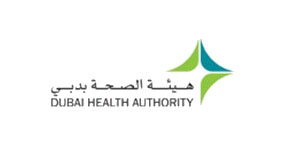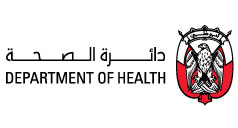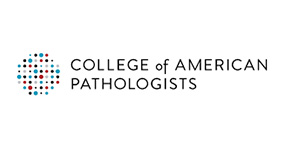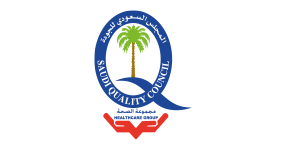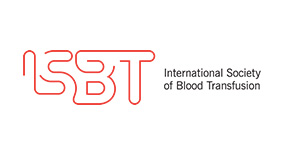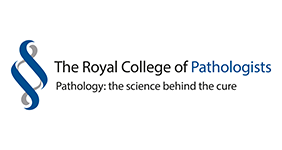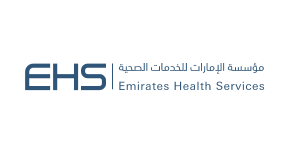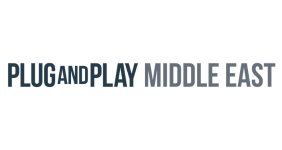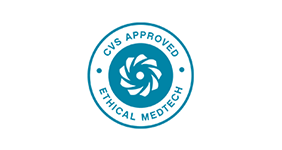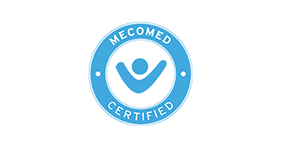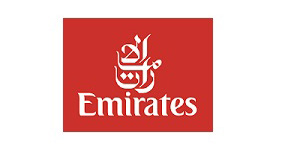Groundbreaking NextGen Medicine under the spotlight at Medlab Middle East
NextGen Medicine is a key topic at the 2024 edition of Medlab Middle East .
The event will highlight the work of Middle East genome projects.
NextGen medicine will enhance health outcomes, improve survival rates, and expedite successful treatments.
Leading researchers in NextGen medicine will convene at the 2024 edition of Medlab Middle East, the region’s largest medical laboratory exhibition. A cutting-edge field of healthcare, NextGen medicine utilises genome sequencing to create targeted healthcare strategies for specific populations and individuals across a range of diseases and rare conditions. In collaboration with Express Med Diagnostics and Research, Medlab Middle East takes place from 5 to 8 February. The National Human Genome Research Institute (NIH) based in the US, defines the 'genome' as the complete set of DNA instructions present in a cell,which contains all the necessary information required for an individual's development and functioning. In 2003, the Human Genome Project successfully developed the first complete sequence of the human genome, paving the way for one of the most transformative breakthroughs in science and healthcare.
Dr Karolina Kobus, Head of Genomics and Precision Medicine Lab Technology and Innovation Advisor at Express Med Diagnostics and Research, said: “There are three key components of NextGen medicine – prevention, early detection, and the development of targeted treatments. The future of medicine is all about moving away from a 'one size fits all' approach to more personalised health strategies. It is essential that screening strategies are adjusted to the local reality as this will ultimately save lives, improve health outcomes,and reduce the costs associated with ineffective treatments.
“Genomic inheritance is unique for every population and this means that disease patterns will differ in a Caucasian individual compared with those native to the Middle East for example. While significant progress has been made in genome projects in the Western world, we must acknowledge that the current human genome that is widely referenced is mainly based on data from Caucasian individuals.”
Genome projects aimed at specific national populations are now underway in various regions of the Middle East. Interestingly, differences in DNA are being observed even within those national populations. A case in point is Oman, where researchers have discovered that individuals native to Salalah have a completely distinct pool of mutations compared to those with ancestry from Muscat or Musandam for example.
In March 2023, the UAE launched a 10-year National Genome Strategy to support the development and implementation of genomic research projects and improve public health priorities in the UAE. The project aims to accelerate developments in personalised medicine and combat chronic and genetic diseases. The Emirati Genome Programme is the founding project of the UAE’s National Genome Strategy and will explore the genetic profile of Emiratis using cutting-edge DNA sequencing and artificial intelligence.
Tom Coleman, Group Exhibition Director, Informa Markets Healthcare,said: “The Middle East genome projects have the potential to contribute significantly to global science and improve healthcare in the region. This field of study is extremely promising, and the findings could lead to major advancements in the treatment of various illnesses, such as diabetes, heart disease, and cancer.
“Medlab’s partnership with Express Med Diagnostics and Research at Medlab Middle East will showcase the latest advancements in medical technology precision diagnostics and medical laboratory solutions. Chaired by Dr Karolina Kobus, the NextGen Medicine Conference will bring together top industry experts, researchers, and healthcare professionals who are driving innovations forward.The conference will share the latest updates on regional genome projects and delve into pressing topics such as early cancer detection, precision oncology,preventative health screening, and longevity.”
Medlab Middle East is expected to welcome more than 30,000 visitors and 900 exhibitors, with representation from 180 countries. Tracks at the event include Laboratory Management, Haematology, Quality Management, Clinical Microbiology,Histopathology, Clinical Chemistry, Clinical Genomic Interpretation, Future of the Lab, Immunology, Blood Transfusion Medicine, and Sustainability in the Lab. The Medlab Middle East Congress returns for another year, providing education and solutions to advance laboratory skills to over 5,000 delegates.
For more information, please visit medlabme.com or click here to register your interest to attend here

